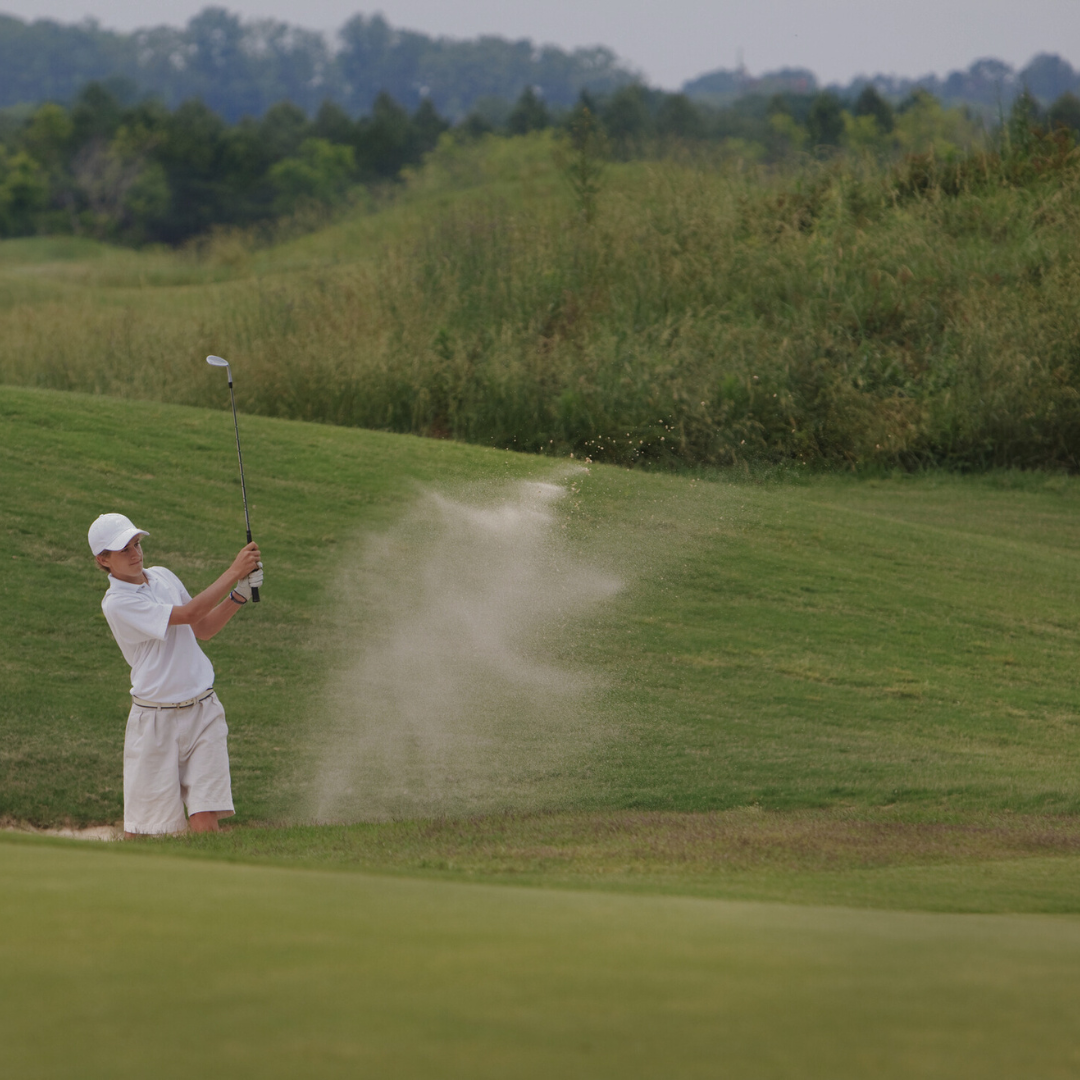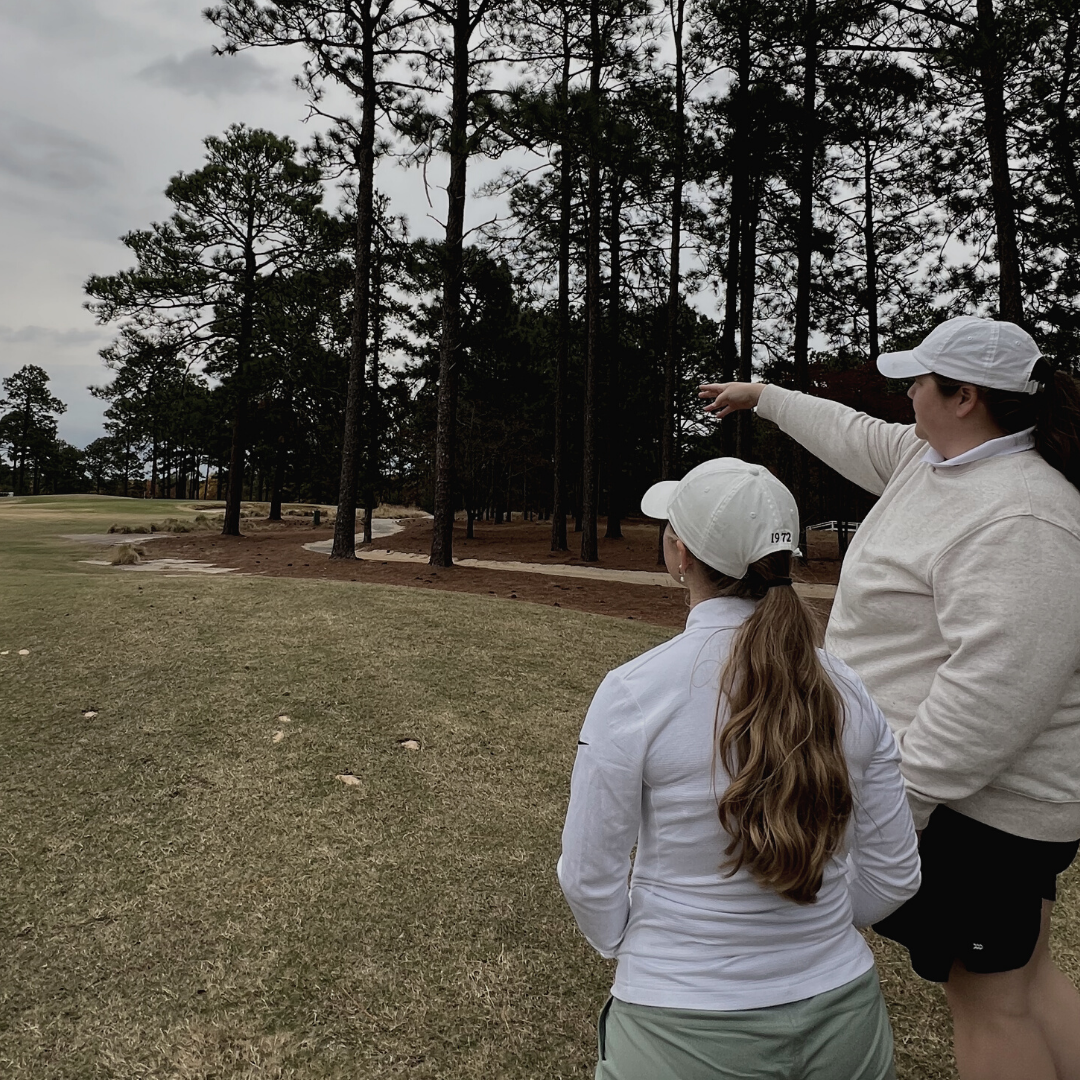College life is a transformative journey, marked by academic pursuits, social experiences, and personal growth. For student-athletes navigating the challenges of higher education, the intersection of college golf and mental health becomes a crucial focal point. Beyond the pristine greens and competitive spirit, the world of college golf unveils a unique set of stressors and opportunities for personal development.
In this blog post, we explore the profound relationship between college golf and mental health, shedding light on the highs, lows, and strategies for maintaining a balanced and resilient mindset on and off the course.
The Dual Demands of Academics and Athletics:
College golfers face a demanding dual commitment—juggling the rigors of academic studies alongside the demands of competitive sports. The pressure to perform at an elite level on the golf course, attend classes, and excel in coursework can be overwhelming. This delicate balance places student-athletes under a constant state of stress, making it imperative to develop effective coping mechanisms for mental well-being.
The Isolation of Individual Sports:
Golf, often hailed as a solitary sport, can contribute to feelings of isolation among college athletes. Unlike team sports where camaraderie and mutual support are readily available, golfers often spend long hours practicing alone. This solitude can lead to a heightened sense of self-pressure and magnify the impact of setbacks. Establishing a strong support system, both within the golf community and beyond, becomes essential for maintaining mental resilience.
Performance Anxiety on the Course:
The golf course is a stage, and every swing is scrutinized, not only by the player but also by spectators, coaches, and teammates. The intense focus required for consistent performance can give rise to performance anxiety and self-doubt. Managing the mental aspect of the game, such as staying focused, maintaining confidence, and rebounding from mistakes, is a continuous challenge for college golfers.
The Importance of Mental Skills Training:
Recognizing the vital role mental skills play in golf, colleges and universities are increasingly incorporating sports psychology and mental skills training into their athletic programs. From visualization techniques to mindfulness exercises, these training programs aim to equip student-athletes with the tools needed to navigate the mental challenges of competitive golf. By fostering a positive mindset and honing mental resilience, student-athletes can enhance both their academic and athletic performance.
Balancing Act: Time Management and Burnout Prevention:
The demanding schedule of a college golfer requires impeccable time management skills. Juggling practice sessions, tournaments, classes, and study sessions can lead to exhaustion and burnout if not managed effectively. Establishing a realistic and sustainable routine, prioritizing self-care, and recognizing the signs of burnout are essential steps in maintaining a healthy balance between academics, athletics, and mental well-being.
Social Support Networks:
Navigating the challenges of college golf becomes more manageable when student-athletes have a strong social support network. Teammates, coaches, and friends provide not only encouragement during tough times but also a sense of camaraderie that combats the isolation often associated with individual sports. Building and nurturing these connections contribute significantly to the mental health and overall well-being of college golfers.
Coping with Setbacks:
Golf, like life, is filled with ups and downs. How a college golfer copes with setbacks can profoundly impact their mental health. Resilience, the ability to bounce back from disappointments and failures, is a skill that extends far beyond the golf course. Coaches play a pivotal role in fostering a growth mindset and helping athletes view setbacks as opportunities for learning and improvement.
The Transition to Life Beyond College Golf:
For many college golfers, the transition from collegiate athletics to life beyond can be a source of anxiety. The structured routine and identity tied to being a student-athlete are suddenly disrupted. Navigating this transition requires not only a strong mental foundation but also a proactive approach to career planning, personal development, and establishing a life beyond the greens.
College golf is a unique journey that intertwines the pursuit of academic excellence with the challenges and triumphs of competitive sports. The mental health of student-athletes is a critical aspect that deserves attention and support. By acknowledging the dual demands of academics and athletics, addressing the isolation of individual sports, and prioritizing mental skills training, colleges can create an environment that fosters not only athletic success but also the well-being of the individuals pursuing it. As student-athletes swing through the challenges of college golf, they can emerge not only as skilled golfers but as resilient, balanced individuals prepared for the opportunities and adversities that lie ahead.
Disclaimer: The content provided on this blog is for informational purposes only and is not intended as a substitute for professional medical advice, diagnosis, or treatment. We are not medical professionals, and the information shared in this post should not be used to make decisions about your mental or physical health. If you or someone you know is experiencing a mental health crisis or has any health-related concerns, please seek immediate assistance from a qualified healthcare provider or mental health professional.
For more posts like this one, check out our blog here: Path Fore Success Blog. You can also follow us on Instagram & Twitter for more!












